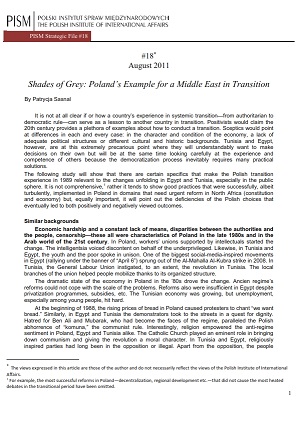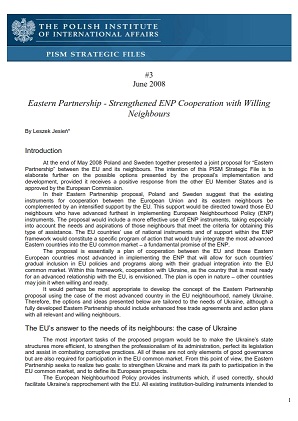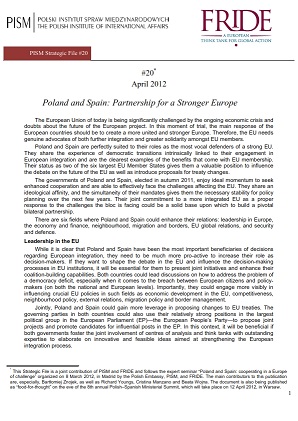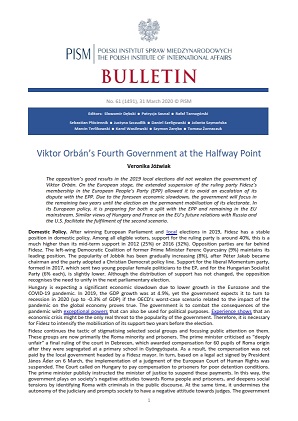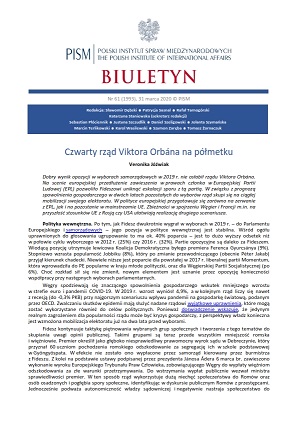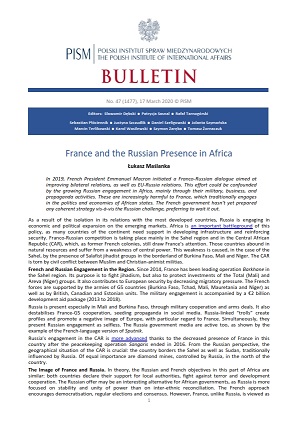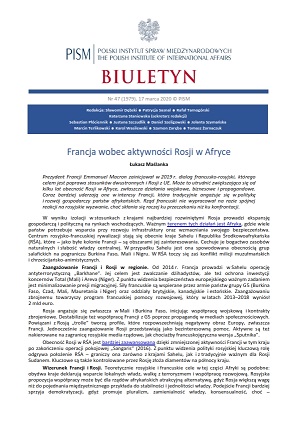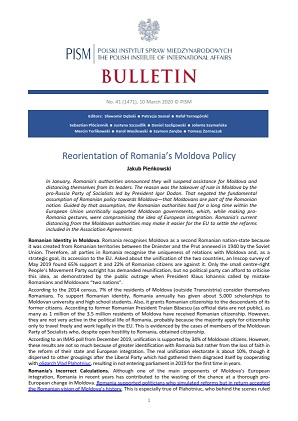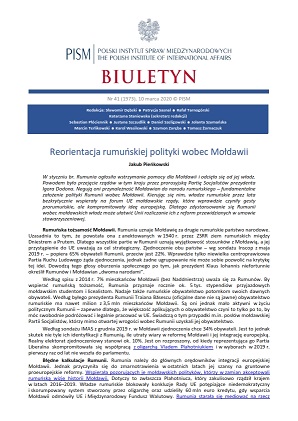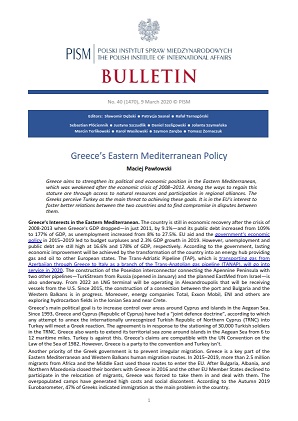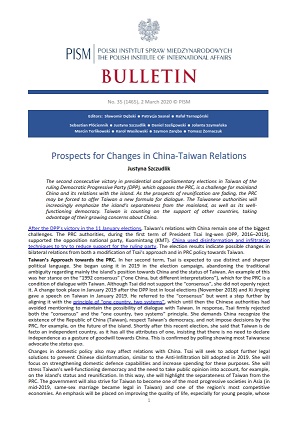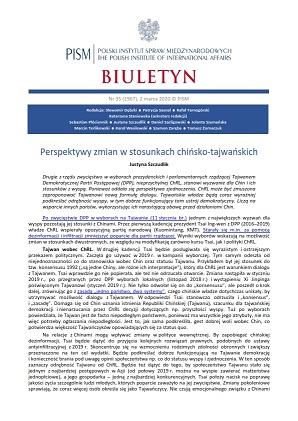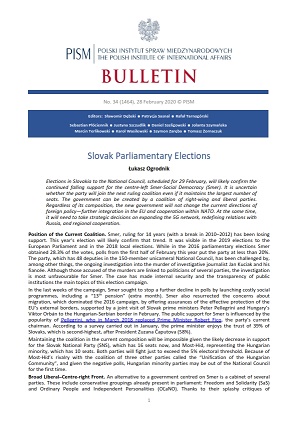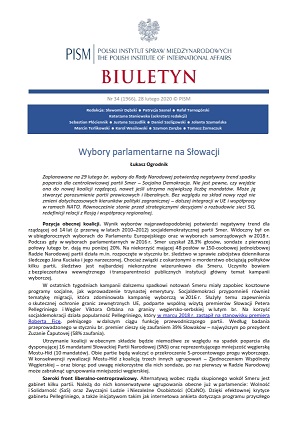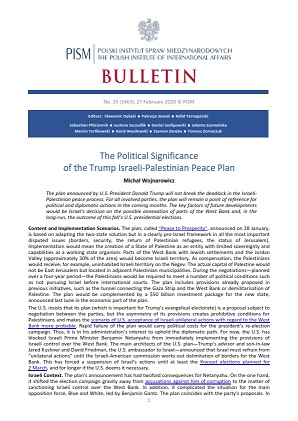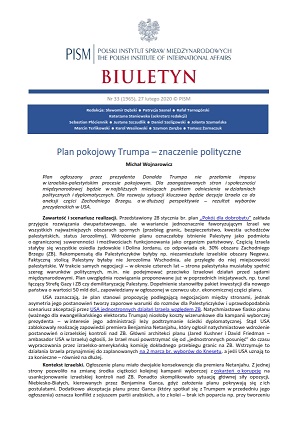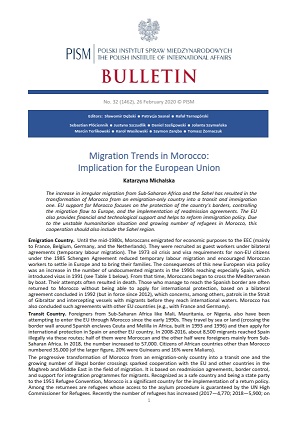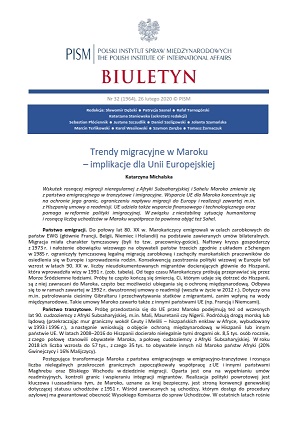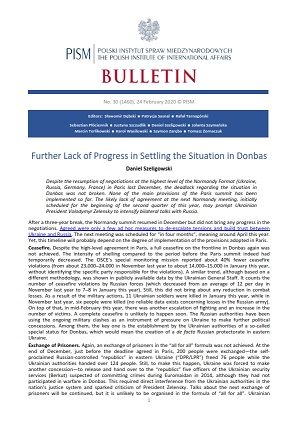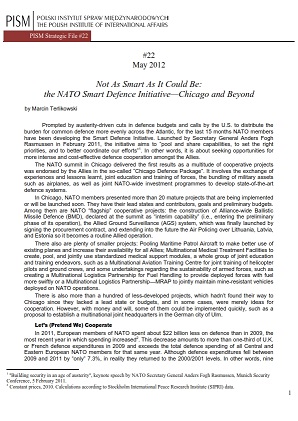
№22: Not As Smart As It Could Be: the NATO Smart Defence Initiative—Chicago and Beyond
Prompted by austerity-driven cuts in defence budgets and calls by the U.S. to distribute the burden for common defence more evenly across the Atlantic, for the last 15 months NATO members have been developing the Smart Defence Initiative. Launched by Secretary General Anders Fogh Rasmussen in February 2011, the initiative aims to “pool and share capabilities, to set the right priorities, and to better coordinate our efforts”. In other words, it is about seeking opportunities for more intense and cost-effective defence cooperation amongst the Allies. The NATO summit in Chicago delivered the first results as a multitude of cooperative projects was endorsed by the Allies in the so-called “Chicago Defence Package”. It involves the exchange of experiences and lessons learnt, joint education and training of forces, the bundling of military assets such as airplanes, as well as joint NATO-wide investment programmes to develop state-of-the-art defence systems.
More...
